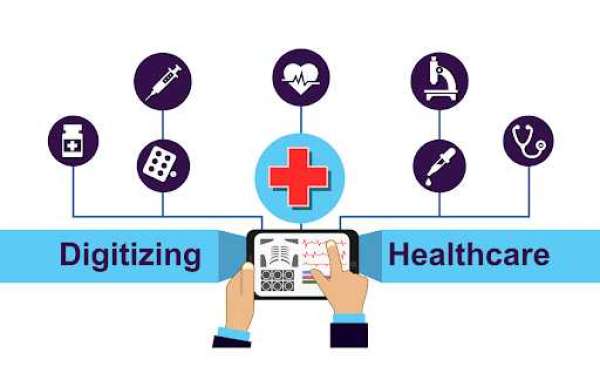
5 Benefits of Digital Transformation in Healthcare
Digital transformation refers to the use of new technologies, business models, and operations to improve the value and delivery of healthcare to patients, providers, and payers, among others in the healthcare ecosystem. As healthcare organizations adopt new technologies and business models, they can also enable digital transformation—a broader phenomenon that touches virtually every part of the enterprise and provides increased access to care, better health outcomes, and cost savings through operational efficiencies. The following are five benefits of digital transformation in healthcare.
1) Improves patient experience
Because digital technologies allow patients to manage and control certain aspects of their care, they can spend more time doing things that matter most to them. Their healthcare providers are also able to create a program tailored specifically for each patient, resulting in a better experience overall.
2) Better communication
The digital transformation has made it easy for patients to get all their records from anywhere and allow them to easily share their data with doctors and healthcare professionals. Patients no longer have to worry about carrying all their records, instead, they can just send a link with all their information to any doctor or hospital that may need it. This also makes communication between patients and healthcare providers easier because everyone has access to the same information at any time.
3) Reduction in medical errors
Medical errors are one of today’s major health concerns. According to a report from RAND Corporation, over 100,000 deaths per year can be directly linked to medical errors—and an additional few hundred thousand are due to potentially preventable complications from those same errors. With so many lives at stake, it’s critical that healthcare providers work diligently to find and implement new ways to improve patient care through technology.
4) Cost reduction
According to a survey from Management Science Associates, reducing administrative costs by 10% can translate into $1.4 billion for healthcare providers and insurance companies. Digital transformation initiatives can provide a significant boost to your bottom line by streamlining your operations, which ultimately translates into less money spent on manual tasks that don’t directly impact patient care or service delivery.
5) Increased speed of information flow
In a digital world, your patients can get their lab results and any new diagnoses they receive quickly and easily. They also have easy access to information on medication dosages and interactions, diet plans, physical therapy options, and more. This level of access not only helps you provide better care but ensures that patients have all of their questions answered—and are satisfied with your level of care—right away. That makes it much less likely that they’ll seek care from another provider.
Conclusion
It’s an exciting time to be working in healthcare. While it can seem intimidating at first, there are numerous benefits to digitally transforming medical systems. There are multitude of services and technology that doctors, nurses, and other medical professionals will be able to use to make their jobs easier – and more importantly – safer for patients. The advancements in technology will also help lower costs, which is great news for both patients and doctors!
You can contact a top digital transformation company in India for adopting digital transformation in the healthcare sector.




